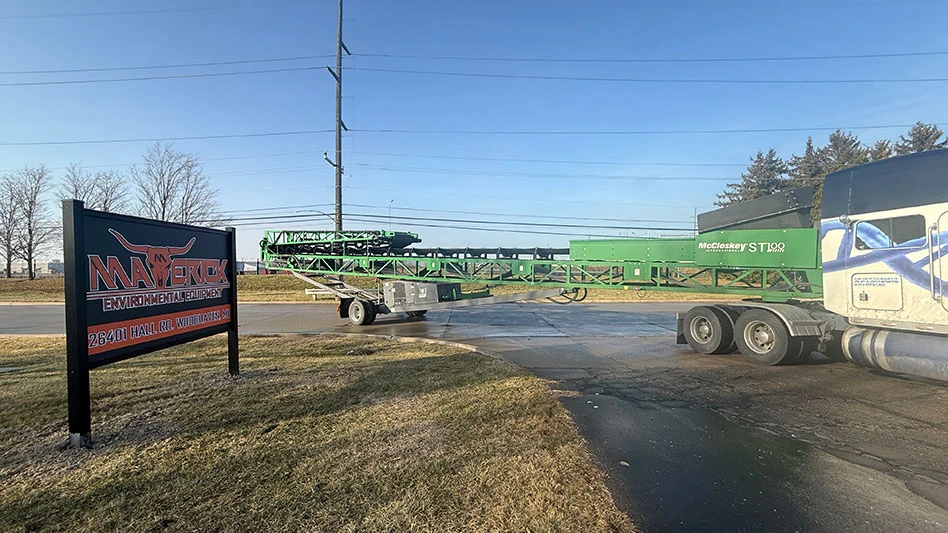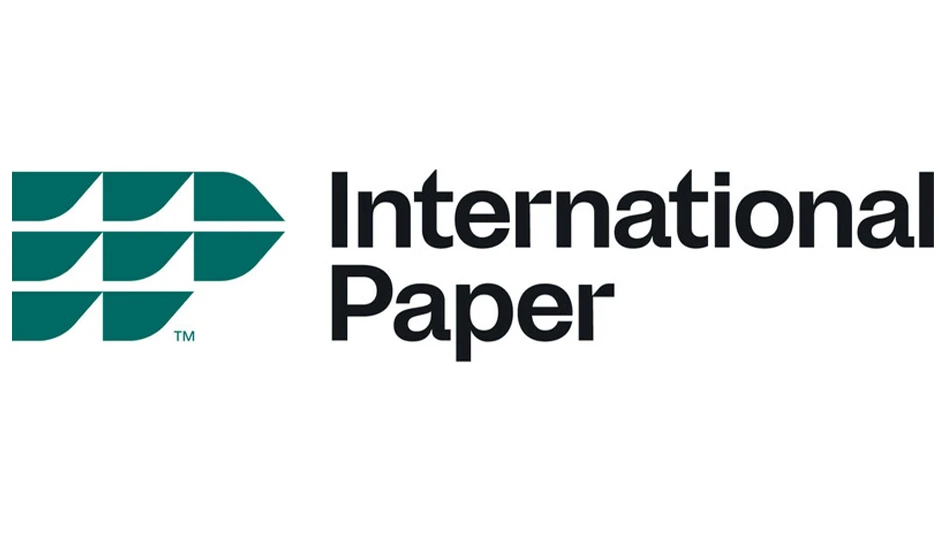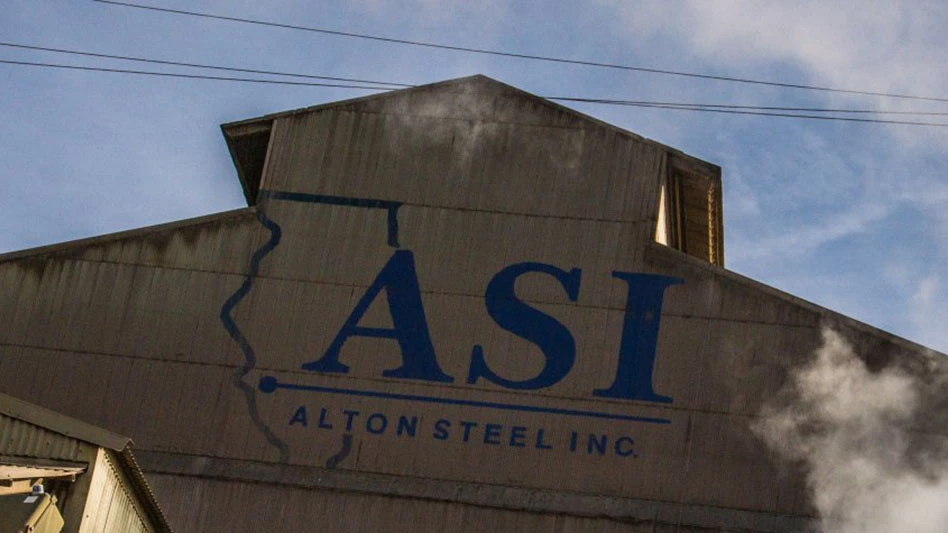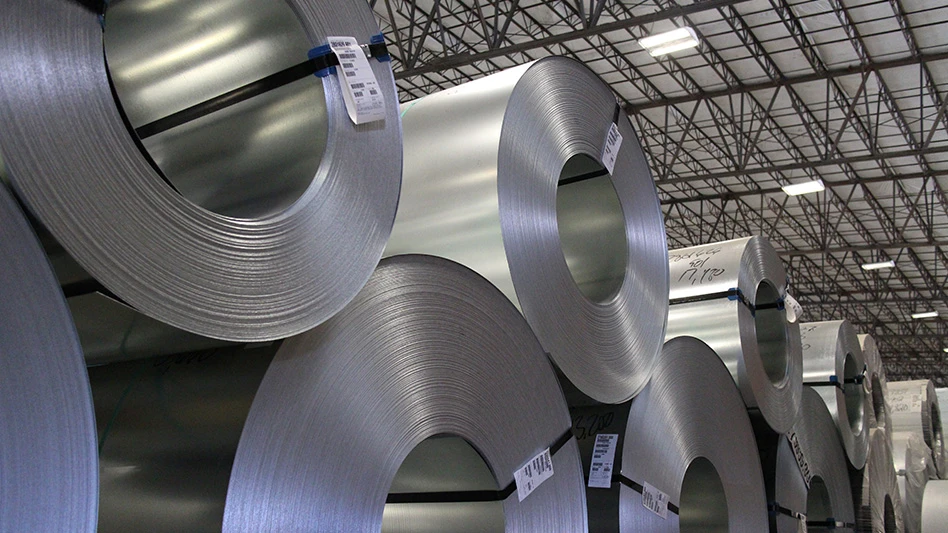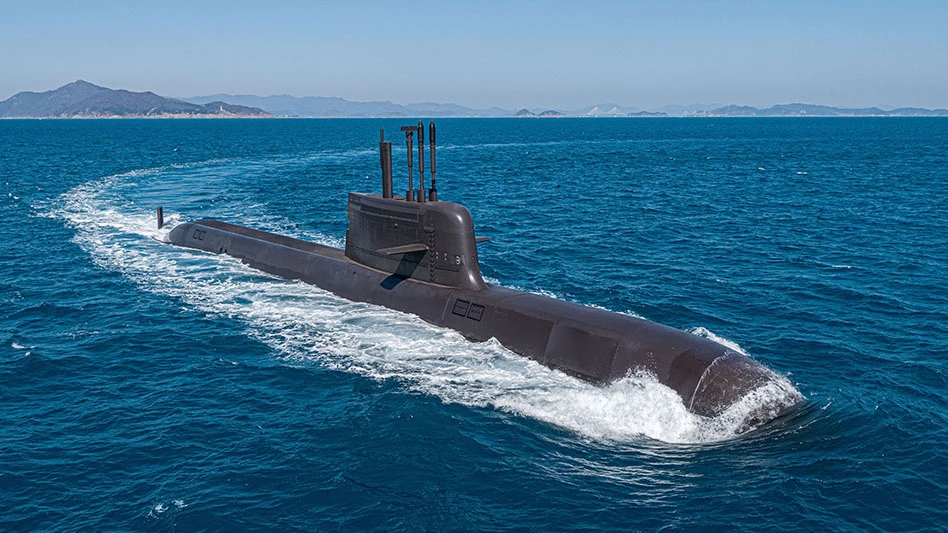
Photo courtesy of Dow
For the Dow Great Lakes Bay Invitational (GLBI), Midland, Michigan-based Dow Chemical Co. has worked with partners across the value chain to reuse and recycle plastic mesh fencing—equivalent to 1 ton of plastic—to create golf tools as part of Dow’s GLBI closed loop initiative.
Dow; recycler KW Plastics of Troy, Alabama; molder Core Technology Molding Corp. of Greensboro, North Carolina; and sustainable golf company Evolve Golf of Wilmington, North Carolina, collaborated to reuse high-density polyethylene (HDPE) plastic mesh fencing from the previous year’s GLBI in the form of 20,000 ball markers and 5,500 divot tools for this year’s event.
“As the world’s largest plastics recycler, finding innovative ways to recycle used HDPE and PP plastics with partners like Dow is at the core of what we do best,” says Scott Saunders, general manager, KW Plastics. “Finding new life for last year’s plastic mesh fencing was an exciting challenge and a continuation of our collaboration to create more sustainable solutions.”
Each company plays a vital role in recycling and reusing critical materials from the annual tournament, from collecting and cleaning the used plastic mesh, to pelletizing the HDPE and molding the recycled plastic into useful tools, Dow says. Last year’s closed loop initiative recycled more than 1,500 pounds of plastic mesh fencing molded into more than 20,000 golf tees, according to Dow.
“Our partners at KW Plastics, Evolve Golf and Core Technology Molding Corp. went above and beyond to create the ball markers and divot tools for this year’s Dow GLBI,” says Toby Smith, senior customer manager, Dow Packaging and Specialty Plastics. “It’s only by working together with other like-minded organizations like these that we’ll continue to discover and scale sustainable solutions that extend the useful life of materials and the resources that go into making them. I can’t thank them enough for the collaboration.”
As the first ever Golf Environment Organization- (GEO-) certified Ladies Professional Golf Association (LPGA) event, the GLBI is planned and executed with sustainability in focus, Dow says. GEO certification requires a five-year sustainability plan and commitment to establish sustainability initiatives and best practices. Previous tournaments recycled or reused 77 percent of postindustrial material generated, 80 percent of signage was reusable in the future and 26 percent of Dow GLBI shirts were made from recycled polyethylene terephthalate (PET) plastic.
Latest from Recycling Today
- SSAB finishes 2025 with decreased revenue
- Vecoplan appoints CFO
- Aurubis raises full-year forecast
- Levitated Metals adds LIBS sorting technology
- Redwood Materials closes on $425M in Series E financing
- Updated: Wieland Chase expands northwest Ohio facility
- Recovered paper traders report lukewarm market
- SHFE trading expansion focuses on nickel
